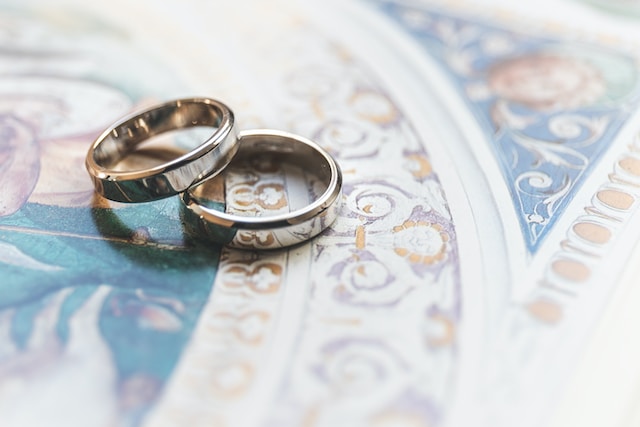What happens to your business after a divorce?
If you own a business, usually in England and Wales, the interest owned in the business is taken into account when dividing assets in a divorce. In addition, any increase in the value of the business during the course of the marriage could also be considered as part of the matrimonial assets. Typically, the court will leave the business owner with the business shares and compensate the other spouse with a more significant share of other assets or maintenance.
The first step in this process will be to determine the value of the business and your share in it. This is carried out by an independent expert, such as a forensic accountant, who values the business to establish its worth and considers the available options and tax implications. The process is expensive and often complicated, especially in privately owned businesses. The valuer will look at what assets the business owns such as property or investments and how much profit it makes and is projected to make in the future. The valuer also considers the business structure whether it is a sole trader, a partnership, or a limited company.
The courts will usually consider having you retain the business if you established it alone and have been managing it independently. Giving up a share of the business may be unfair because it could deprive you of your livelihood.

What happens to your business after a divorce?
If you own a business, usually in England and Wales, the interest owned in the business is taken into account when dividing assets in a divorce. In addition, any increase in the value of the business during the course of the marriage could also be considered as part of the matrimonial assets. Typically, the court will leave the business owner with the business shares and compensate the other spouse with a more significant share of other assets or maintenance.
The first step in this process will be to determine the value of the business and your share in it. This is carried out by an independent expert, such as a forensic accountant, who values the business to establish its worth and considers the available options and tax implications. The process is expensive and often complicated, especially in privately owned businesses. The valuer will look at what assets the business owns such as property or investments and how much profit it makes and is projected to make in the future. The valuer also considers the business structure whether it is a sole trader, a partnership, or a limited company.
The courts will usually consider having you retain the business if you established it alone and have been managing it independently. Giving up a share of the business may be unfair because it could deprive you of your livelihood.